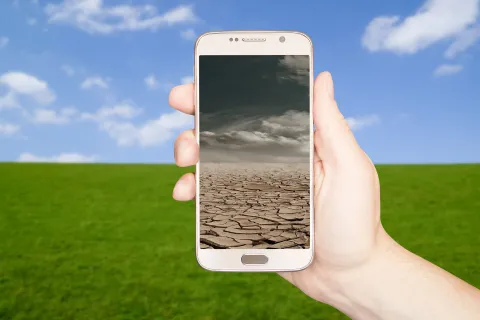
On April 22, 2022, Howard Kunreuther, James G Dinan Professor Emeritus operations information and decisions department of the Wharton School and CO-Director Emeritus of the Wharton risk management and Decision Process Center, was invited to the “The Not Unreasonable Podcast”, led by David Wright.
Professor Kundreuther has been involved in a stimulating discussion on risk and cognitive biases, by focusing on low probability and high consequence disasters and with particular attention to topical situations – such as climate change and pandemics.
Indeed, for instance, we often assume that a disaster is not going to happen to us. Even if, we would not focus on the likelihood of that event but on the consequences. Then we tend to follow our near ones, but those people are probably behaving as we do. The result is that we would do similar things.
If we were in a position to reflect on how we have to address biases, we would have thought about the long-term impacts. However, what actions could be taken to avoid things that are going to get much worse, if we don't take those steps, would be the question to tackle. Comparing it to the pandemic, the professor states as we would have seen the pandemic situation in a very different way if we would have been focused on the long terms effects. Therefore, concerning how would we behave and what might be different, we would be thinking much more long term - which is what we should be thinking about when we design buildings. However, we often do not do that, because we are thinking more myopically.
In response to that, Wright then asked how this relates to the efficiency resilience trade-off.
The professor replied by mentioning the case of solar panels vs other old energetical sources (5:14 and see the professor's paper on solar panels) and addressed the myopia bias. Indeed, we do place a much greater emphasis on immediate rewards rather than future ones.
Thus, since we have these biases, the question is how to overcome them and find appropriate solutions.
«Hope is what somehow we have learned from our experiences in the past, in order to be able to try to do a better job in the future».
«COVID-19 gives us lessons about climate change. Maybe there is something we can learn from how we did so poorly with the pandemic. And as a result, can make sure we do not make the same mistakes about climate change. [...] That really is what got me started in terms of working on how we could get people to adopt solar energy, realizing that if we do not do that now, we are in real, real trouble».
To find out what Professor Howard Kunreuther proposes, you can listen here to the podcast or read the transcript.

Luca Megale
is a PhD Student at LUMSA University of Rome
and tutor of the European Master in Law and Economics - EMLE (Rome term)
Submitted on Wed, 05/18/2022 - 23:22

